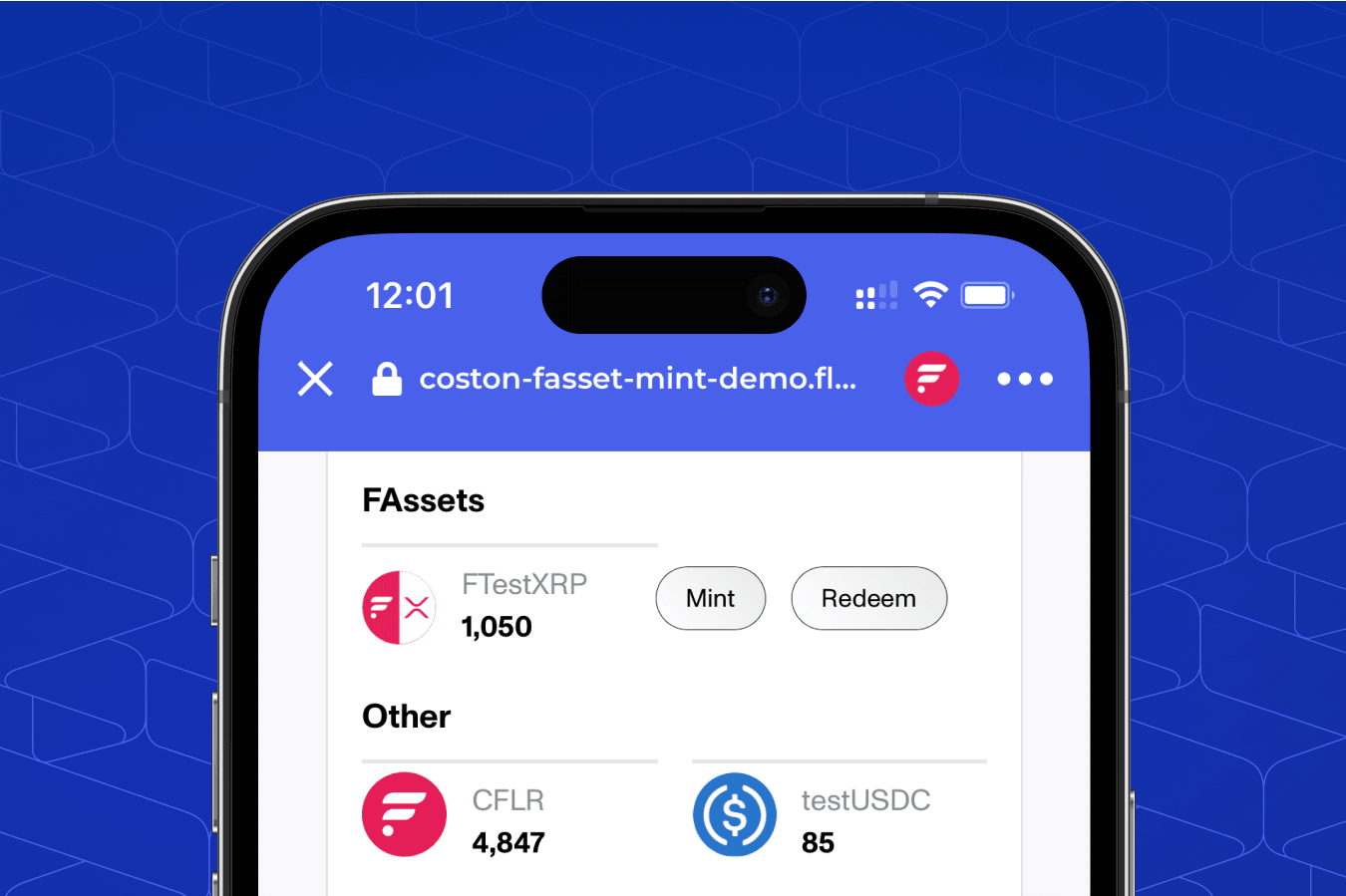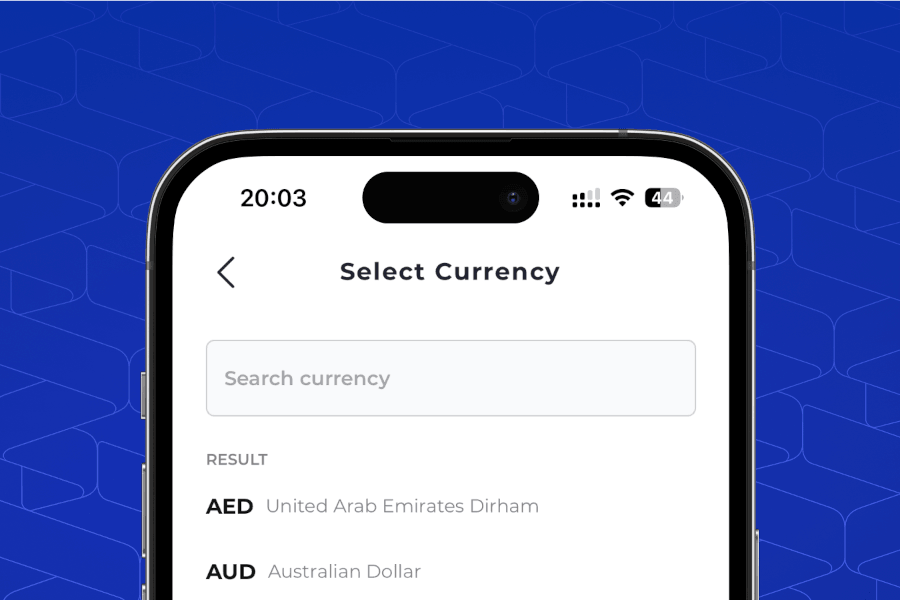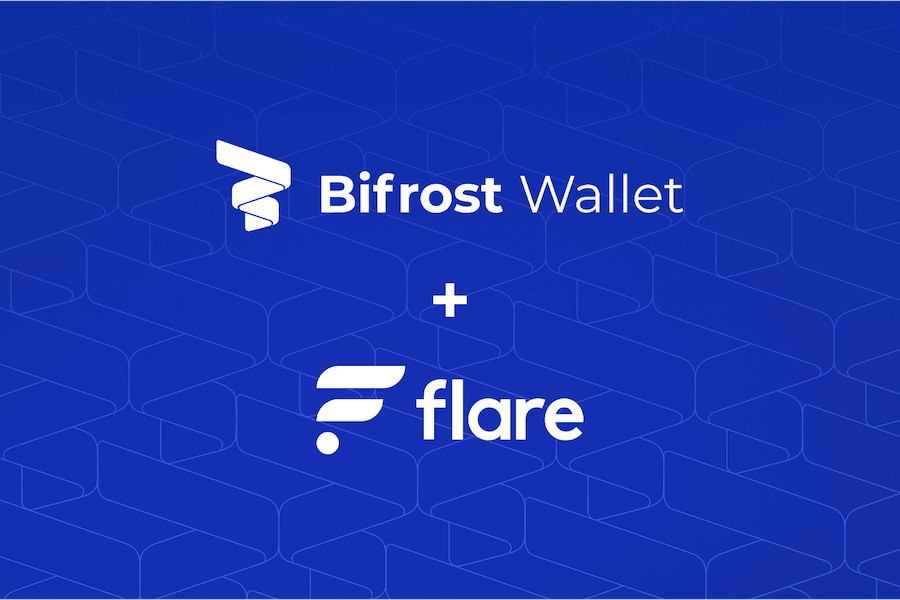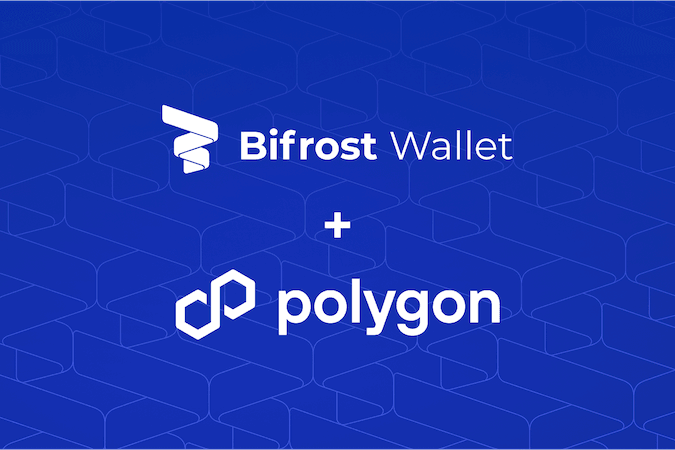The rise of cryptocurrency heralded a transformative shift in how we perceive, trade, and store value. Accompanying this transformation was the pivotal question: how can we safeguard our digital assets? This query spotlighted crypto wallets, with self-custody wallets standing out as a preferred choice for many. But what sets them apart?
Understanding Self-Custody Crypto Wallets
Before delving into the nuances, it's vital to grasp what "self-custody" implies. Fundamentally, a self-custody crypto wallet grants users full control over their private keys and, consequently, their funds. This contrasts with wallets provided by numerous exchanges where the platform holds the keys (dubbed "custodial wallets"). With self-custody, you're unequivocally in control.
Advantages of Opting for Self-Custody
Enhanced Security: This is the linchpin of self-custody wallets. By retaining your private keys, the risk associated with centralized entities being compromised and losing your assets is notably reduced. Your trust pivots from third-party security protocols to your personal measures.
-
Absolute Control: You exercise 1. unbridled authority over your funds. Absent are intermediaries who could potentially seize or retain your assets, bestowing unmatched financial sovereignty.
-
Greater Privacy: Embracing self-custody frequently correlates with heightened privacy in crypto dealings. With no affiliations to centralized agencies, your transactions and holdings can remain more anonymous.
-
Versatility: Numerous self-custody wallets cater to a wide variety of cryptocurrencies, enabling diverse portfolios without the necessity for several wallets or platforms.
Challenges and the Path Ahead
-
Heightened Responsibility: The autonomy of self-custody also carries inherent responsibilities. Misplacing access to your self-custody wallet can lead to irreversible losses. There's no fallback like a "Forgot Password?" prompt or a helpline for retrieving keys.
-
Usability Concerns: For crypto novices, self-custody wallets might initially present a more pronounced learning curve. However, the industry is rapidly evolving, and many self-custody wallet providers are striving to enhance user experience, making their platforms more intuitive and user-friendly.
-
Potential Feature Limitations: While centralized platforms might bundle in additional perks like staking, lending, or trading, self-custody wallets sometimes lacked these. Yet, the landscape is shifting. Many self-custody wallets are progressively integrating such features, bridging the gap between security and functionality.
In Conclusion
Though both self-custody and custodial wallets come with their set of merits, the safety proposition of self-custody wallets often trumps the conveniences offered by centralized alternatives. In a digital age rife with security breaches, relying on centralized bodies can sometimes be risky.
Choosing a self-custody wallet, while demanding a tad more comprehension and vigilance, provides unparalleled security and assurance for your digital assets. The choice remains a personal one, but for those who place security at the pinnacle of their priorities in the decentralized realm of crypto, self-custody emerges as the optimum choice.




